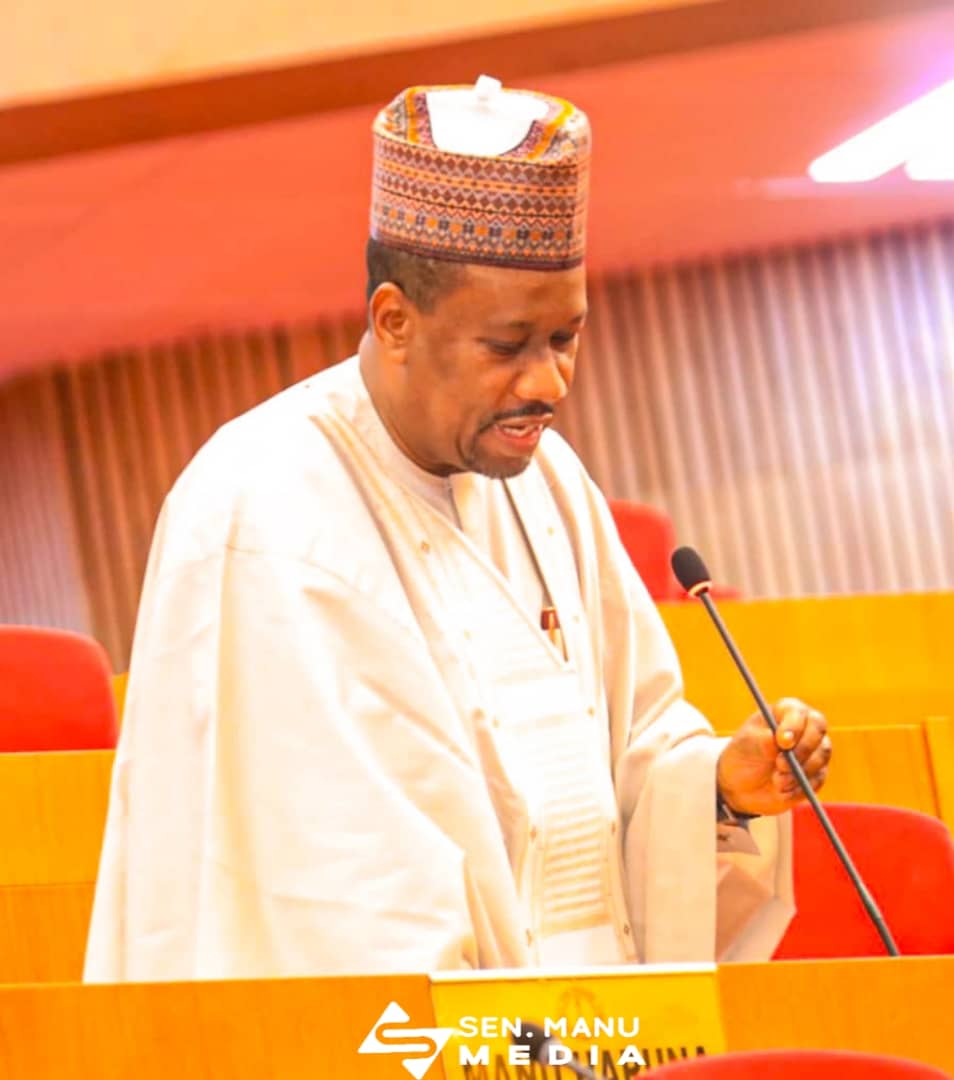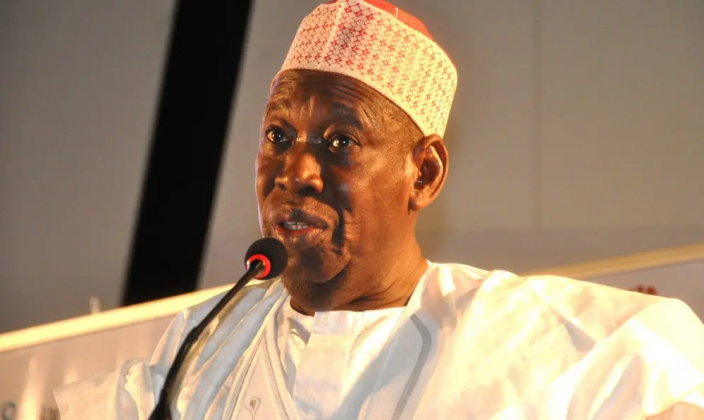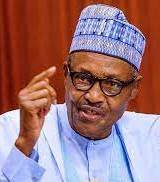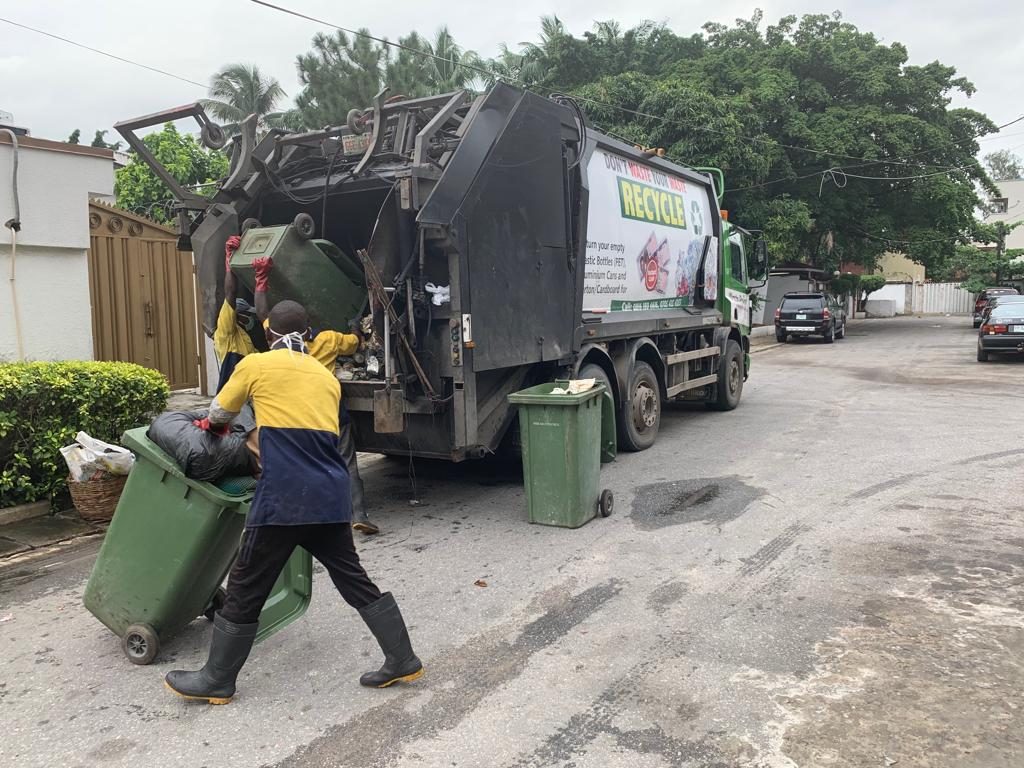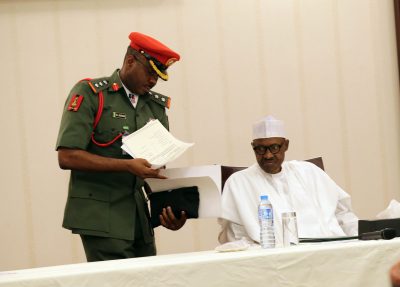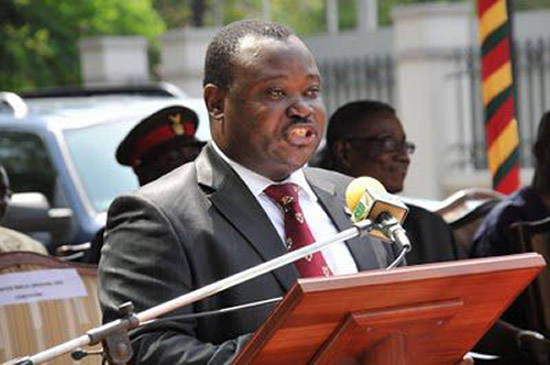The Debt Management Office, DMO, on Thursday, revealed that Nigeria’s total public debt stock increased to N46.25tn or $103.11bn in the fourth quarter of 2022.
The latest figure has made members of the organised private sector and economists to predict that tougher days are ahead for Nigerians and firms.
The national debt as of September, 2022, was put at N44.06tn.
According to the office, the new figure consists of the domestic and external total debt stocks of the Federal Government and the sub-national governments (36 state governments and the Federal Capital Territory).
The latest figure was disclosed in a statement by the Debt Management Office.
The DMO stated that the comparative figure of public debt as of December 31, 2021, was N39.56tn or $95.77bn.
TheNewsGuru.com (TNG) reports that this means that the country’s debt increased by N6.69trn or $7.34bn within one year.
Stating reasons for the increase, the DMO said new borrowings by the FGN and sub-national governments, primarily to fund budget deficits and execute projects and the issuance of promissory notes to settle some liabilities also contributed to the growth in the debt stock.
The statement read in part, “As of December 31, 2022, the total public debt stock was N46.25tn or $103.11bn. In terms of composition, total domestic debt stock was N27.55tn ($61.42bn) while total external debt stock was N18.70tn ($41.69bn).
“Amongst the reasons for the increase in the total public debt stock were new borrowings by the FGN and sub-national governments, primarily to fund budget deficits and execute projects. The issuance of promissory notes by the FGN to settle some liabilities also contributed to the growth in the debt stock.
“On-going efforts by the Government to increase revenues from oil and non-oil sources through initiatives such as the Finance Acts and the Strategic Revenue Mobilization initiative are expected to support debt sustainability.”
The DMO further explained that the debt figure under review was 23.20 per cent of the Gross Domestic Product, indicating that it was well within the limits set by both the federal government and international organisations.
“The total public debt to gross domestic product (GDP) ratio for December 31, 2022, was 23.20 per cent and indicates a slight increase from the figure for December 31, 2022, at 22.47 per cent.
“The ratio of 23.20 per cent is within the 40 per cent limit self-imposed by Nigeria, the 55 per cent limit recommended by the World Bank/International Monetary Fund, and, the 70 per cent limit recommended by the Economic Community of West African States.”
Reacting, the Director, Center of Promotion for Private Enterprise, Muda Yusuf, expressed concern over the multiplier effect of the latest debt figure, stating that the country would continue to struggle with servicing of debts if drastic steps were not taken.
He said, “What this means is that the country will continue to struggle with servicing of debts. Already, debt service is close to 80 per cent of our revenue and it is likely to increase with the new figure.
“The implication is that we are likely to get ourselves into a vicious cycle of debt, like a debt trap because the higher debt service burden is, when your revenue is low, the more you continue to borrow to be able to sustain the system. Remember that the N23tn from the CBN Ways and Means is not part of this. If we add that, it will make it almost N80tn.
On possible solutions, Yusuf stated that removal of fuel and foreign exchange subsidy would increase the nation’s revenue.
“A possible solution is to increase our revenue through the removal of fuel subsidy and foreign exchange subsidy. This will bring relief of N8trn. We also have to address increasing oil production, curb leakages, cut our spending,” he added.
On his part, a professor of Economics at the University of Uyo, Akpan Ekpo, “Those figures are worrisome because our revenue base is very low. I just hope the borrowing was for infrastructure and the government is transparent on what it was spent on.
“Those debts should not be on recurrent expenditure because that is a waste. Borrowing to fill up the deficit is not good for our economy either. If it was spent on capital projects, can the projects pay the debts back? The debt is for future generations. We need to get information on debt servicing revenue ratio or debt revenue because our revenue base is not healthy at all.”
A professor of Financial Economics at the University of Uyo, Leo Ukpong, posited that the inability of the country to service might lead to an increase in taxes.
He said, “Borrowing tends to have a negative effect on the credibility of the borrower. Clearly, we know that public debt is very high and this increase is not good for the country.
“When debts rise, you run the risk of bankruptcy but since a country can’t be declared bankrupt, it is likely that taxes will be increased which will reduce our purchasing power.”
Members of the organised private have also reacted to the development.
On his part, the Deputy-President of the Lagos Chamber of Commerce and Industry, Gabriel Idahosa described Nigeria’s continued recourse to borrowing as worrisome for the economy.
Idahosa said, “We are looking at external borrowing that is not tied to specific revenue-generating projects, that are not collateralised. For example, if you want to take a loan to build a seaport, to be paid from the operations of the seaport, it can still raise money. But if you want to borrow money and use it for various projects that do not generate income, hoping to pay from the federal budget, then you are not likely to make any progress.”
